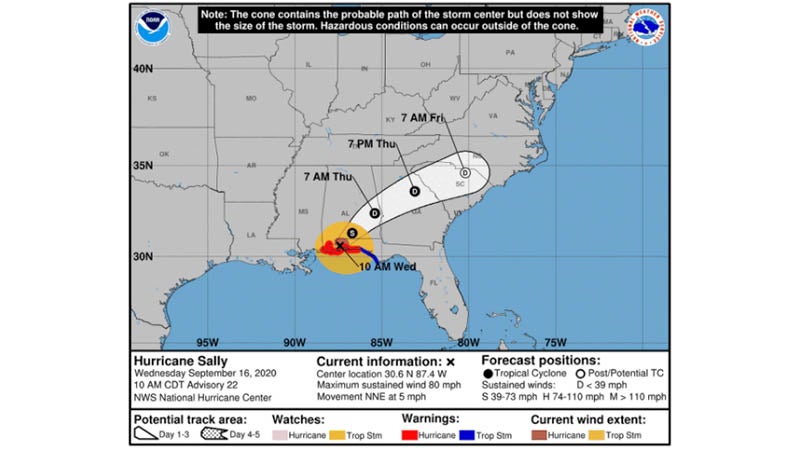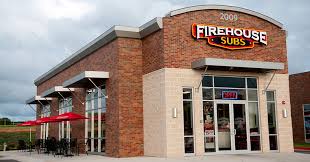NO TO MEDICAL MARIJUANA
Published 12:04 am Wednesday, April 22, 2015

The act, which is SB326, would authorize the medical use of marijuana for certain qualifying patients who have been diagnosed by a physician as having a serious medical condition. The bill would also provide a system of regulated dispensaries in order to provide safe access to marijuana for authorized patients in municipalities with a certain number of people.
Students to speak at Senate committee
Andalusia High School students Caroline Andrews, Bell Spurlin, Colton Elmore and Hunter Earnest will speak during a public hearing at the Alabama State Senate judiciary on the Alabama Medical Marijuana Patient Safe Access Act this afternoon.
The act, which is SB326, would authorize the medical use of marijuana for certain qualifying patients who have been diagnosed by a physician as having a serious medical condition. The bill would also provide a system of regulated dispensaries in order to provide safe access to marijuana for authorized patients in municipalities with a certain number of people.
A population of more than 10,000 will be limited to one medical cannabis dispensing center. Those towns or municipalities with a population of under 10,000 will not have a medical cannabis dispensing center.
Before arriving in Montgomery this afternoon, Andrews, Spurlin, Elmore and Earnest will start their day at a safe driving summit at Auburn University this morning. At lunch, they will truck it to the capital in time for the public hearing at the Senate, which starts at 1 p.m.
AHS librarian and sponsor Charlotte Spurlin learned about the public hearing on Monday, and said she made plans for these students to make sure their voices are heard.
What really has Spurlin “fired up” about the bill is the amount that a person can grow or purchase.
“The bill says that a person can grow or purchase up to 16 ounces of marijuana,” Spurlin said. “One ounce is equal to 60 joints. Sixteen ounces is 960 joints.
“That’s the equivalent to 48 packs of cigarettes,” she said.
Spurlin said she understands how people with serious conditions are prescribed medical marijuana — people can be prescribed marijuana in the state — it’s just that it will become more available if the bill is passed.
“I don’t want to come across as a person who is not concerned about the welfare of the person with glaucoma and the person in pain,” she said. “But at the very same time, I can’t in good conscious say that I don’t have concerns about making it available to the general public. If it’s not limited and tightly controlled, it’s available to anybody.”
A serious medical condition is defined as one or more of the following conditions: acquired immune deficiency syndrome (AIDS), amyotrophic lateral sclerosis (ALS – Lou Gehrig’s disease). anorexia, attention deficit hyperactivity disorder (ADHD)/ attention deficit disorder (ADD), autism, bipolar disorder, cachexia, cancer, cerebral palsy, chronic depression, chronic pain, dystonia, fibromyalgia, gastrointestinal disorders (including, but not limited to, colitis, Crohns disease, and irritable bowel syndrome),glaucoma, lupus, migraine, obsessive-compulsive disorder (OCD), persistent muscle spasms( including, but not limited to, spasms associated with multiple sclerosis, and Parkinson’s disease) Post-traumatic stress disorder (PTSD), rheumatoid arthritis, seizures, severe nausea, Tourette’s syndrome.
Spurlin’s daughter, Bell, said this is an important issue because it may change the country’s though process on the drug.
“It’s going o change what’s acceptable and not acceptable,” Bell said.
When asked if they’ll speak at the public hearing, all four students were on the same page when it comes to the issue at hand.
Earnest said he plans on presenting facts about marijuana use can impair someone’s driving.
“I was going to say and talk about how people get in accidents when driving drunk,” he said. “That it would only double the rate of accidents if people are driving while impaired by marijuana. I’ll present some statistics with that.”
Spurlin said there is a misconception between alcohol use and marijuana use.
“It does affect our community,” Spurlin said. “It does affect you. I don’t want people high making my cheeseburger. Bell said I don’t know people who go to work drunk, so I don’t know if people go to work high.”
Spurlin said she doesn’t really know what to expect today when the small group makes their way to the Senate judiciary committee hearing.
Earnest said if the bill is passed, then people will try other drugs other than marijuana.
“It’s still a gateway drug, even if it is legal,” he said. “If it is legal, then more people would use it and get involved with other stuff, like heroine and cocaine.”




